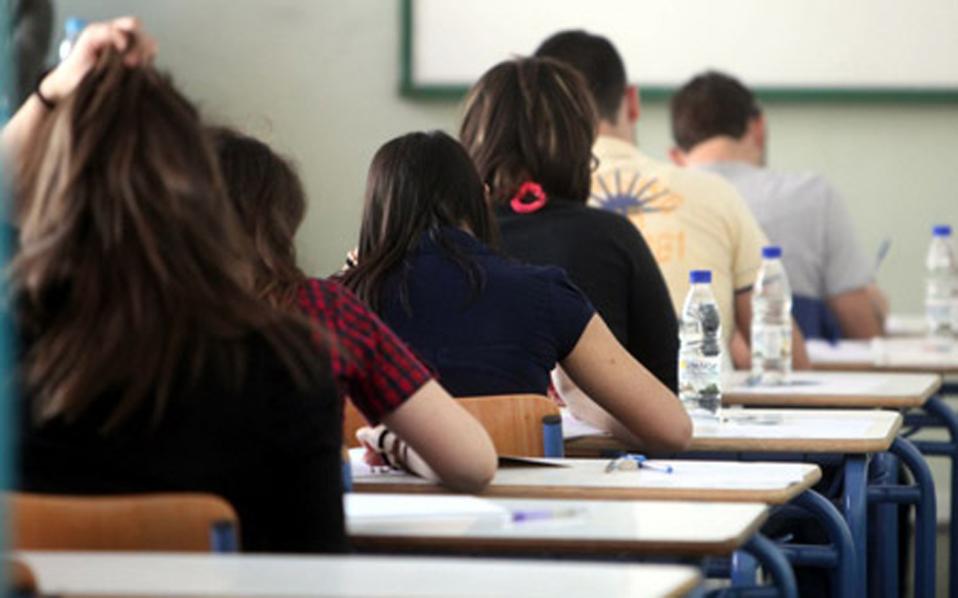Changing the education system

Few people will disagree that the Greek education system is a mess. It is a completely outdated system that is totally divorced from society’s real needs.
In fact, the system appears to be designed in such a way as to serve the needs of all the players involved in the broader process: the pupils, the parents, the teachers and, basically, anyone who makes a living out of the very system. Needless to say, there is very little, if any, meritocracy involved.
We should not be fooled by the spectacular performance of individual pupils or university students. Every education model has its exceptions and its own ways of rewarding the most talented or excellent members out there – many of whom, after all, attend private schools or have a private school background.
Private schools educate some 6-7 percent of Greek students but the objective is to raise the standards of public education. The goal is to improve the average standards and performance of pupils which, as a number of international surveys have demonstrated, remain extremely low.
Greek pupils show particular difficulty with mathematics and reading comprehension. Observers who say that the root of these woes is in secondary education appear to be right.
That would justify reported plans by leftist Education Minister Nikos Filis and his aides to establish a four-year high school and a two-year senior high school, along the lines of the International Baccalaureate, or IB.
If the past is any guide, the distance between intentions and deeds is vast, especially in this country. One can never be sure of the final result after all the usual exceptions and compromises designed to keep everyone happy.
The Greek education minister must be determined to break some eggs if he wants to see progress. The examinations that pupils would have to pass in order to graduate from high school into senior high ought to be tough, not merely cosmetic.
Meanwhile senior high schools should be staffed with top-of-the-class teachers and these need to be protected against the demands of pupils or teachers seeking preferential treatment. The school curriculum must promote critical thinking, not sterile memorizing, and so on.
More important, reforming the process will not achieve much without a similar change in mentality. And this is the greatest wager of all.




